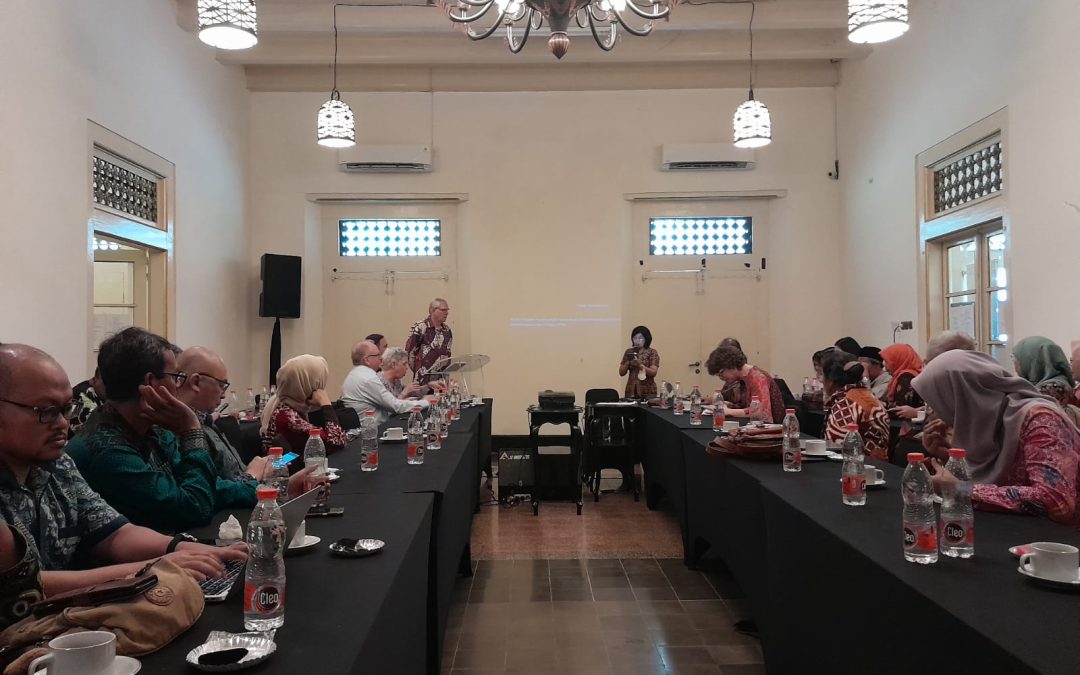


To fortify the ‘open door’ initiative spearheaded by KGPAA Mangkunegara, this workshop, generously funded by DAAD, drew approximately 50 participants, including DAAD alumni from various regions in Indonesia, as well as students and scientists from Germany.
In his address, KGPAA Mangkunegara emphasized that the implementation of the open door policy aimed to address the dynamics of Javanese culture within the context of contemporary Indonesian society.
Simultaneously, the Chairman of DAAD Indonesia highlighted, “This gathering seeks to tackle the challenges confronting Javanese and Indonesian culture, exploring dialectical relationships, the interplay between modernity and tradition, and various socio-cultural aspects we aim to preserve, alongside developments that, at times disruptive, nonetheless serve as markers and characteristics of a particular societal period.”
During the event, Dr. phil Lucia D. Krisnawati, a lecturer in the Informatics Study Program at Universitas Kristen Duta Wacana (UKDW) Yogyakarta, made a valuable contribution by presenting the TRAWACA team’s research on the digitization of Javanese script manuscripts using Optical Character Recognition technology. Lucia explained that the team’s research, focusing on Serat Mangkunegaran IV Books I and II as training data sources, resulted in the development of two tools: the Cakra OCR application and the Javanese script annotation application, JavAnote. The latter also functions as a Javanese script learning application, and Lucia provided a demonstration of both applications for the participants.
The gathering, bringing together DAAD alumni and researchers interested in Javanese culture, particularly related to the Mangkunegaran temple, concluded with the signing of the International Declaration consortium on Mangkunegaran and sustainable social transformation. UKDW actively participated in signing this declaration, with Lucia expressing, “We hope that UKDW, through its tri dharma activities, can contribute to the preservation of Javanese culture, including the process of safeguarding Javanese script manuscripts and presenting them in a format accessible to the younger generation.” [humasukdw/Eng.bella-ed.drr]
